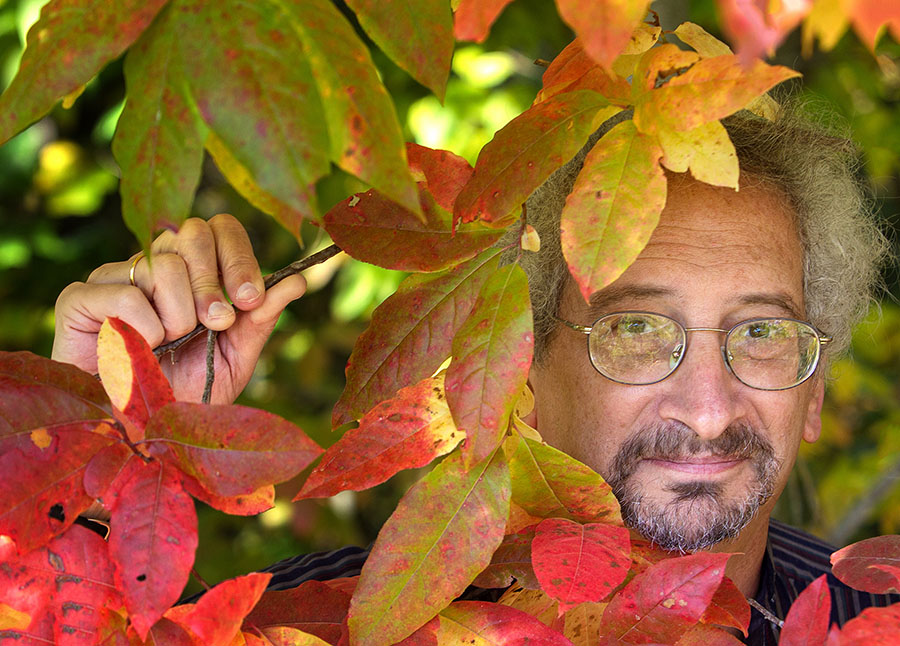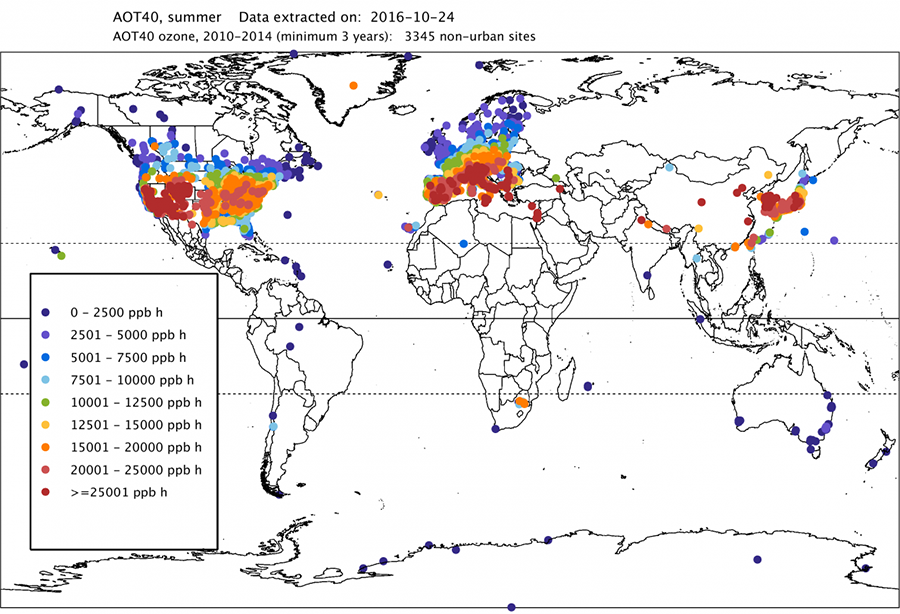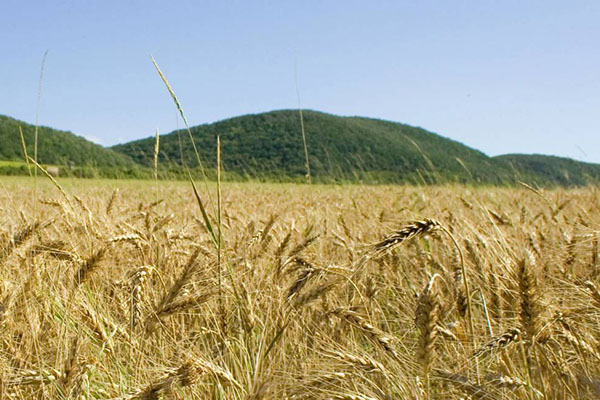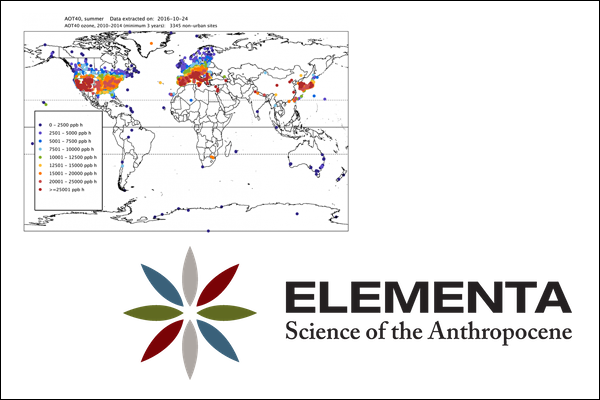
Dr. Howard Neufeld, professor in the Department of Biology at Appalachian State University. He is co-author of a study on ozone pollution trends that was published June 28 in the journal Elementa: Science of the Anthropocene as part of the Tropospheric Ozone Assessment Report (TOAR) project. Photo by Marie Freeman
BOONE, N.C. — A study published June 28 in the journal Elementa: Science of the Anthropocene that examines global ozone pollution trends has worldwide implications for plants and key crops.
The research for the article, titled “Tropospheric Ozone Assessment Report: Present-day tropospheric ozone distribution and trends relevant to vegetation,” was conducted by 24 international researchers, including Dr. Howard Neufeld, a professor in the Department of Biology at Appalachian State University. Neufeld is a specialist in physiological plant ecology, plant–water relations, climate change and air pollution effects on plants.
The researchers anticipate their effort will provide scientists, regulators and policymakers with better insight about spatial and temporal variation that relate to climate change, human health and crops/ecosystems around the world. A summary of the study was published by the Cooperative Institute for Research in Environmental Science (CIRES).
Part of a series of papers summarizing tropospheric ozone trends worldwide, the study represents the first attempt to collate all the data on the Earth’s ozone from all of the available monitoring stations around the globe. The project is known as the Tropospheric Ozone Assessment Report (TOAR). So far, six other research papers have been published in the series, and Neufeld said several additional papers from other researchers may soon be included.
New study looks at global ozone pollution trends for plants and key crops
About the Department of Biology
The Department of Biology is a community of teacher-scholars, with faculty representing the full breadth of biological specializations — from molecular genetics to landscape/ecosystem ecology. The department seeks to produce graduates with sound scientific knowledge, the skills to create new knowledge, and the excitement and appreciation of scientific discovery. Learn more at https://biology.appstate.edu.
About the College of Arts and Sciences
The College of Arts and Sciences (CAS) at Appalachian State University is home to 17 academic departments, two centers and one residential college. These units span the humanities and the social, mathematical and natural sciences. CAS aims to develop a distinctive identity built upon our university's strengths, traditions and locations. The college’s values lie not only in service to the university and local community, but through inspiring, training, educating and sustaining the development of its students as global citizens. More than 6,800 student majors are enrolled in the college. As the college is also largely responsible for implementing App State’s general education curriculum, it is heavily involved in the education of all students at the university, including those pursuing majors in other colleges. Learn more at https://cas.appstate.edu.
About Appalachian State University
As a premier public institution, Appalachian State University prepares students to lead purposeful lives. App State is one of 17 campuses in the University of North Carolina System, with a national reputation for innovative teaching and opening access to a high-quality, cost-effective education. The university enrolls more than 21,000 students, has a low student-to-faculty ratio and offers more than 150 undergraduate and 80 graduate majors at its Boone and Hickory campuses and through App State Online. Learn more at https://www.appstate.edu.
What do you think?
Share your feedback on this story.














